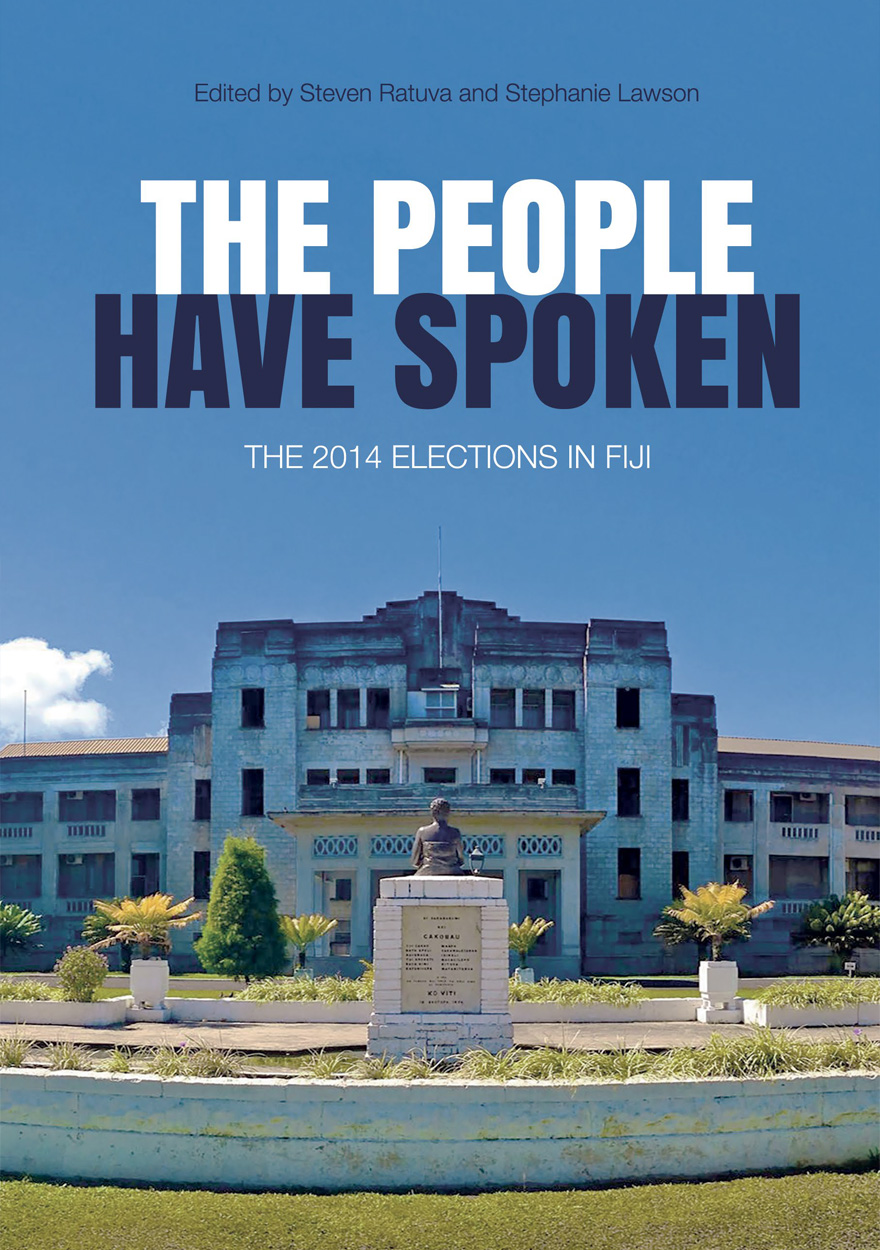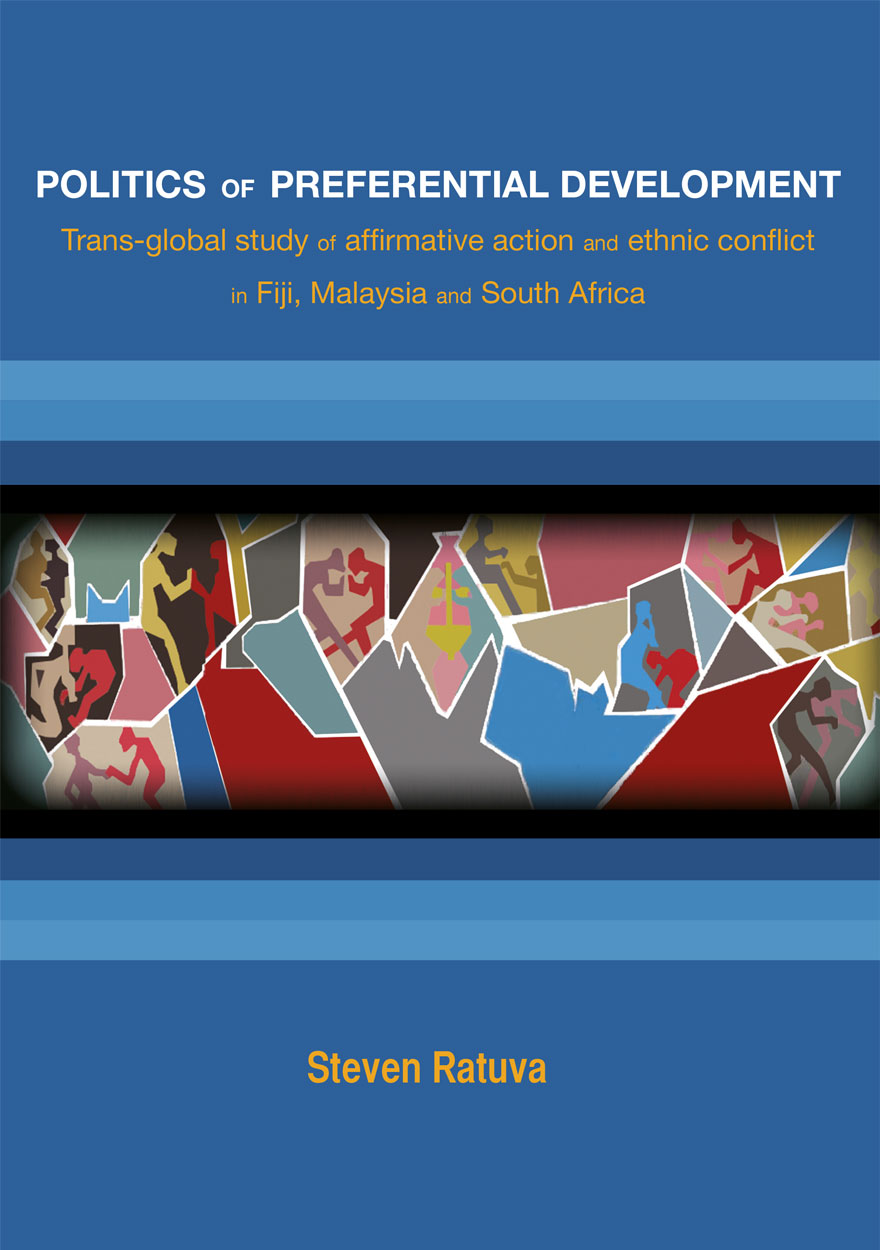Steven Ratuva
Professor Steven Ratuva, a political sociologist, is Director of Macmillan Brown Centre for Pacific Studies and Professor in the Department of Anthropology and Sociology at the University of Canterbury. He is Chair of the International Political Science Association Research Committee on Security, Conflict and Democratization, and was recently Fulbright senior fellow at University of California, Los Angeles, Duke University and Georgetown University. With a PhD from the Institute of Development Studies at the University of Sussex, Ratuva has worked in a number of universities around the world, including The Australian National University, University of Auckland and University of the South Pacific. His latest books are Palgrave Handbook of Ethnicity (Palgrave, 2019) and Guns and Roses: Comparative Civil-militarily Relations in the Changing Security Environment (Palgrave, 2019).

Contested Terrain »
Reconceptualising Security in the Pacific

The people have spoken »
The 2014 elections in Fiji




